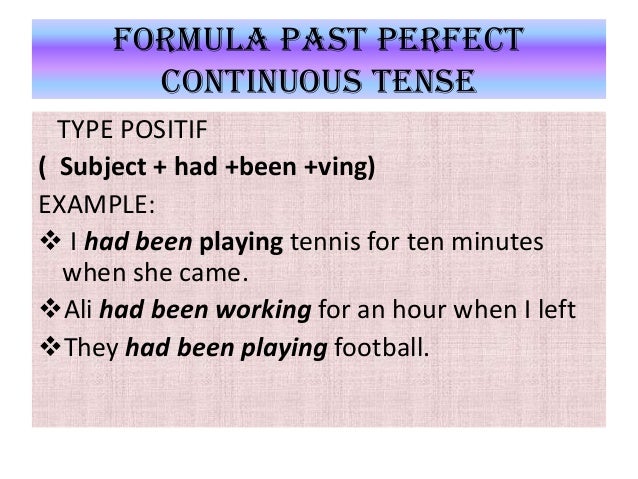- A fake: its something that is not true.
- A myth: stories about adventures, whether triumphs or tragedies, tales of honor or tales of vengeance of a character were passed down by storytellers from generation to generation.
- A tall tale: stories of their adventures, whether triumphs or tragedies, tales of honor or tales of vengeance, were passed down by storytellers from generation to generation.
- A fairy tale: a story in which improbable events lead to a happy ending
- A legend: are about peolple and their actions or deeds. The people lived in more recent times and are mentioned in history.
- A joke: are a form of verbal humor, including one-liners, riddles, and other things that make us laugh.
We did a short story.
Jose was working in the office when he saw a little boy crying
because his kite got stuck in a tree, so jose srarted to
transformer in a superhero with superpower to help the little boy,
when Mario came and started to fight with Jose, so the little boy
didnt know what to do, so he called a police officer that was
walking in the park and was a robot, so the police officer
separated the fight betweend Jose and Mario , and also the police
returned them to be friend again.

Simple past
we use it to express an action that started and finished at a specific time in the past.
Past continous:
it is use to indicate that a longer action in the past was interrupted. The interruption is usually a shorter action in the Simple Past.

Past perfect continous
It is use to show that something started in the past and continued up until another time in the past. "For five minutes" and "for two weeks" are both durations which can be used with the Past Perfect Continuous

Excercise in class
This unit is very difficult for me because I get confuse in this types of past, but now I am practice a lot in online activities .
https://elt.oup.com/student/solutions/upperint/grammar/grammar_02_022e?cc=global&selLanguage=en






No hay comentarios.:
Publicar un comentario